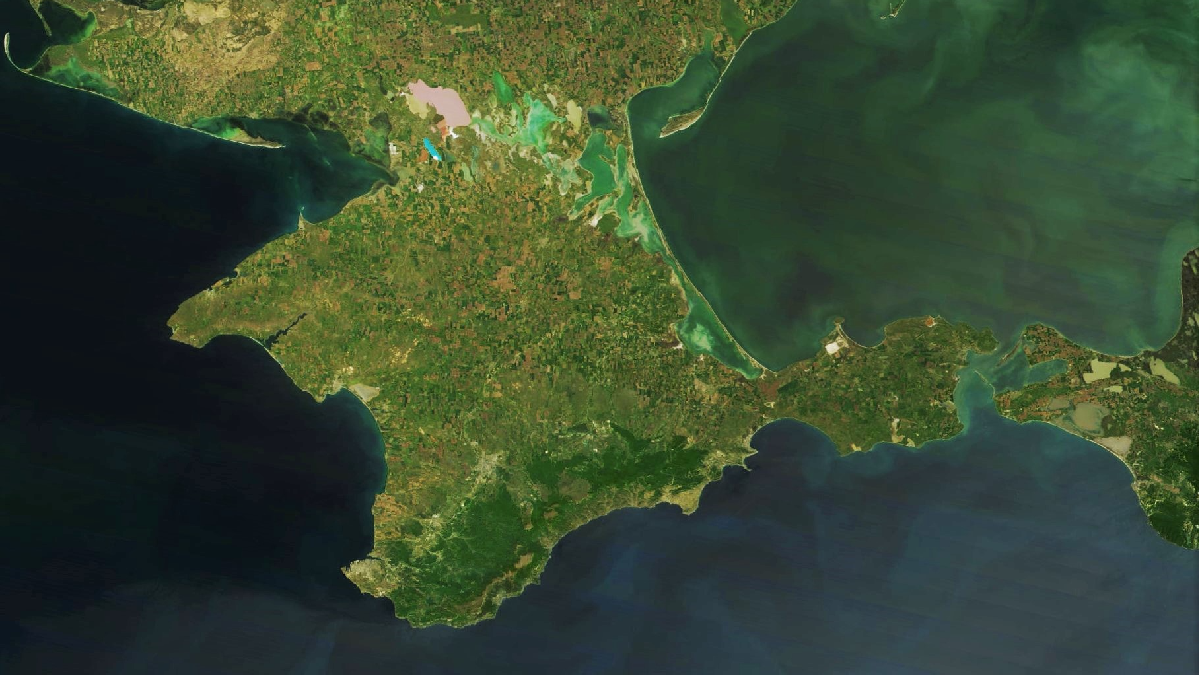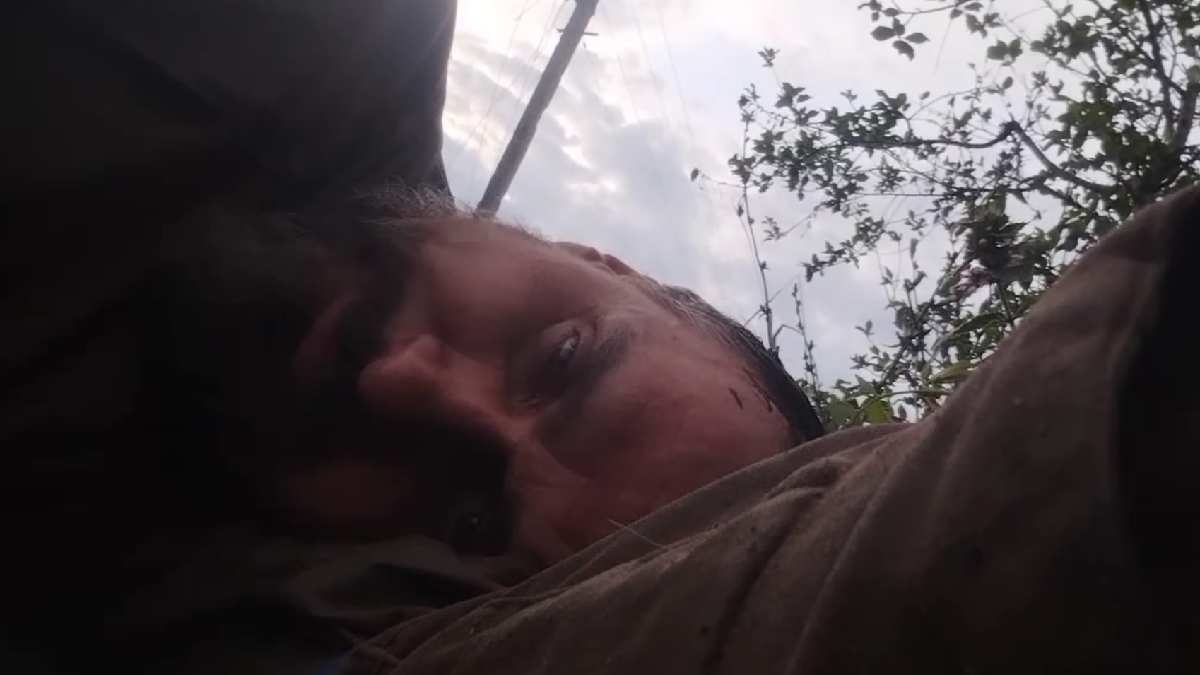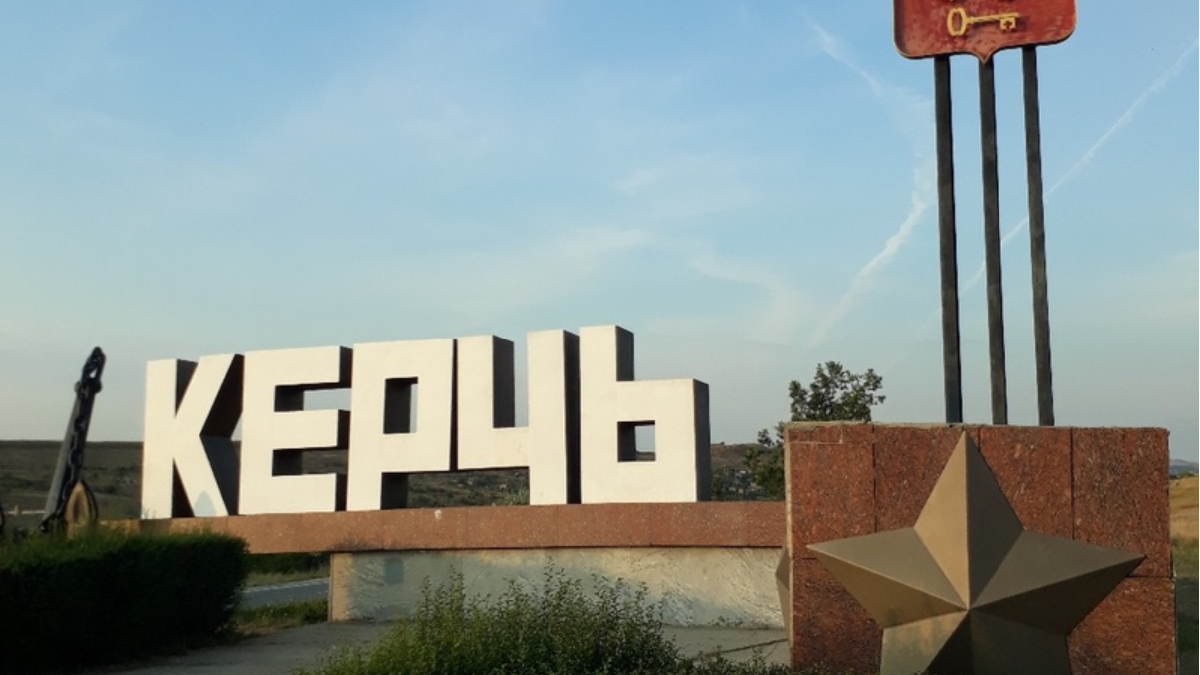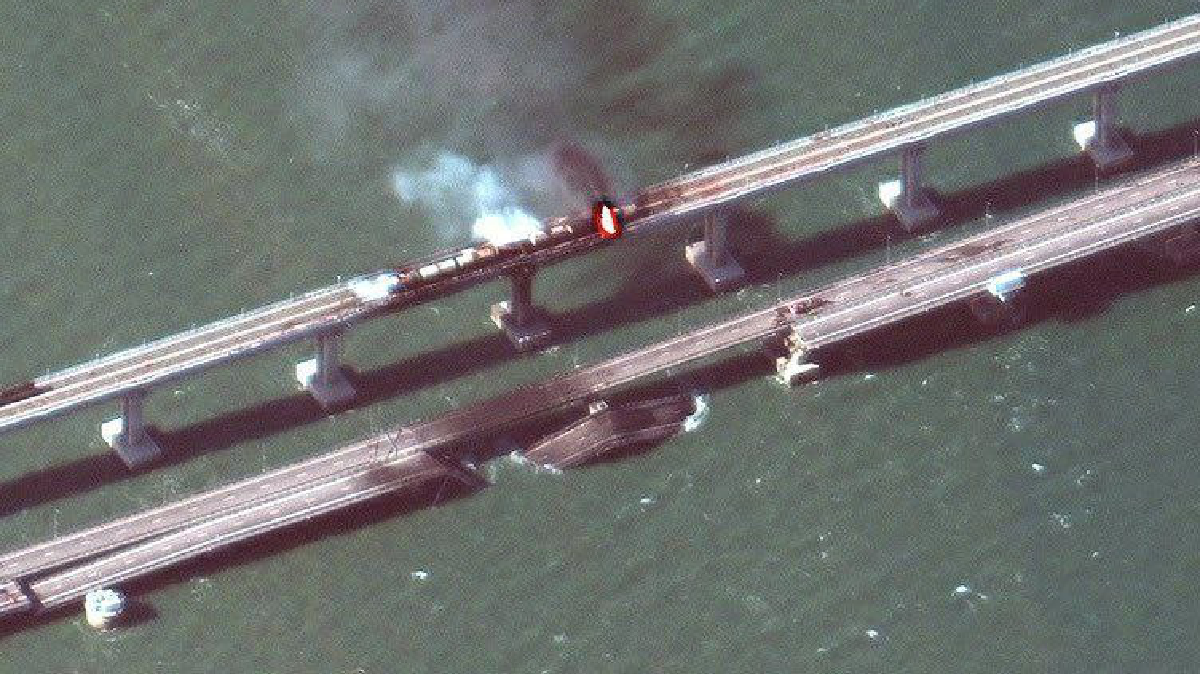Inconsistencies in the case of journalist Yesypenko
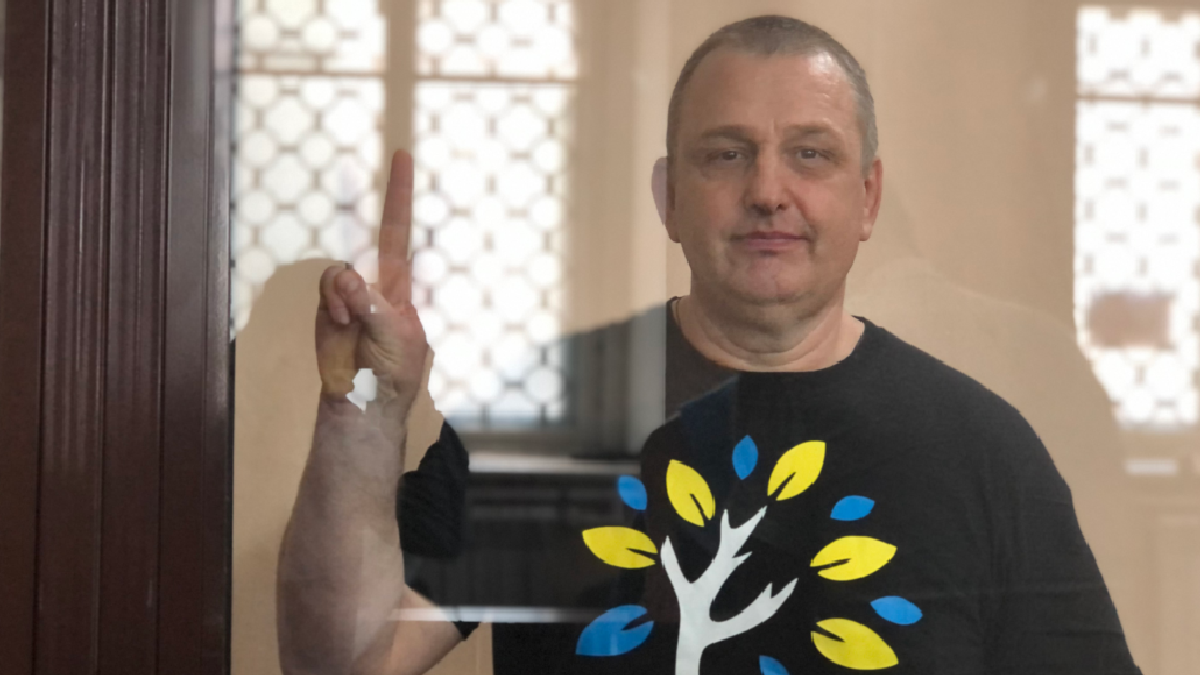
On Tuesday, October 5, a regular hearing on the case of Vladislav Yesypenko, a freelance correspondent for the Ukrainian edition of Radio Svoboda (the Crimea Realities project), is expected.
This trial will be the sixth trial in the journalist’s case. The editorial board of Suspilne Crimea has collected key inconsistencies in his case from past trials.
Vladislav was detained on March 10, 2021, in occupied Crimea. Independent lawyers could not see Yesypenko for 27 days. At the same time, the Russian state TV channel Krym 24 showed an interview with him: in a video published on the channel’s website, Yesipenko confirmed that he was filming on the peninsula for Crimea Realities, and also said that he allegedly duplicated the video to Ukrainian secret services.
According to lawyer Oleksiy Ladin, officers of the occupying FSB in Crimea “threatened Yesipenko with execution” after he accused the agency of torture in a court in Crimea.
This is an excerpt from a letter from Vladislav Yesipenko, where he describes what happened to him on the night of March 10-11.
“They threw me to the ground, put wires with loops on my ears, and turned on the electricity. The pain was unbearable. Nobody paid attention to my cries. The guys worked without emotions. In the pauses between tortures, they asked questions: “The purpose of coming to Crimea”, “We know you are a journalist, but tell us about the tasks of the secret services of Ukraine”, “When were you recruited?”, “What and where did you shoot in Crimea?”, “What do you know about Colonel Kravchuk?” They also said that I have experience in surveillance, as I often sped up and braked while driving. That is, “the ability to get away from surveillance” hinted at my espionage essence”, - Vladislav wrote in the first letter sent to the editorial office of Crimea. Realities.
Previously, he was charged only under Art. 223-1 of the Criminal Code of Russia (Illegal manufacture of explosives, illegal manufacture, processing, or repair of explosive devices). The penalty under this article is 8 to 12 years in prison. Now he is accused of another article of the indictment - Art. 222 of the Criminal Code (Illegal acquisition, transfer, sale, storage, transportation, or carrying of weapons, its main parts, ammunition). The sanction of this article provides for a sentence of 5 to 12 years in prison.
Inconsistencies
Prosecution witnesses, including “FSB officer” Dmitry Korovin, who conducted a special operation to detain Yesypenko, say that after inspecting his car near Angarsk Pass, he took a freelance journalist to the building of the Russian FSB occupation administration in Simferopol.
According to the “operative”, at 4:00 p.m. the detainee and material evidence were taken there, and Vladislav Yesypenko allegedly admitted that he “got an explosive device from the SBU hiding place”.
According to Korovin, later, around 8 - 9 p.m Yesypenko was released home on the condition that he would come to the “FSB department” the next day. Vladislav himself claims that during the night he was tortured in the basement.
The final version of the indictment lacks information about the Foreign Intelligence Service of Ukraine and the name of Colonel Kravchuk. According to the prosecution, Vladislav is now suspected of “transporting and collecting explosives on his own. The investigation in the indictment explains that, according to Vladislav, he needed a grenade to “protect himself from aggressive Crimean Tatars”.
From the final version of the indictment, this sentence also disappeared. He is currently accused of “storing, transporting and processing an explosive device for an unknown purpose, parts of which he took from unidentified persons".
During the interrogation of prosecution witnesses, Alina Prilepskaya and Ivan Levkovsky claimed that a police dog found the explosive device in the car, but Prilepskaya is sure that the grenade was in the glove box, and Levkovsky remembered it was in a niche under the wheel.
At the next hearing, during the interrogation of Anton Semenkov, the witness who was present during the search of Elizaveta Pavlenko' house.
Vladislav stayed at Elizaveta’s house when he came to Crimea on a work trip. And he was in the car with her during his detention. Semenkov and another witness who was present during the search of the apartment, Vladislav Ivanov, claim that the following was seized: a dictaphone with audio discs, videocassettes, CDs, notebooks with recordings, several mobile phones, a bag with belongings, which according to Pavlenko, belonged to Vladislav Yesipenko, and a metal detector.
One of the interrogation transcripts states that Yesypenko needed a metal detector to find the buried grenade. As mentioned earlier, Vladislav said that all the evidence against him at the stage of the investigation was given under torture. Also, none of the witnesses confirmed that the metal detector was in working order at the time of the seizure.
During the last court hearing, witness Oleg Fedorov took part in operational activities near the village of Pravda, where, according to the investigation, Vladislav showed the FSB a cache of explosives. Fedorov told his version: when he was asked to be a witness, he approached the car near the FSB building in Simferopol. There were two FSB officers, the second witness, Vladislav Yesipenko, and the driver.
In his testimony, Fedorov explains that they came to the village of Pravda, Pervomaisky district, Yesypenko on the way and explained where they needed to turn to get to the place. After that, everyone got out of the car and Yesypenko pointed to a tree, where he allegedly pulled out an explosive.
In response to Fedorov’s interrogation, the journalist explained to the court: “Your Honour, I want to say that the witness is lying because no one drove me to Franka Street. The FSB officers sent me from the city of Bakhchisaray immediately to Pravda. I state that this person is lying".

